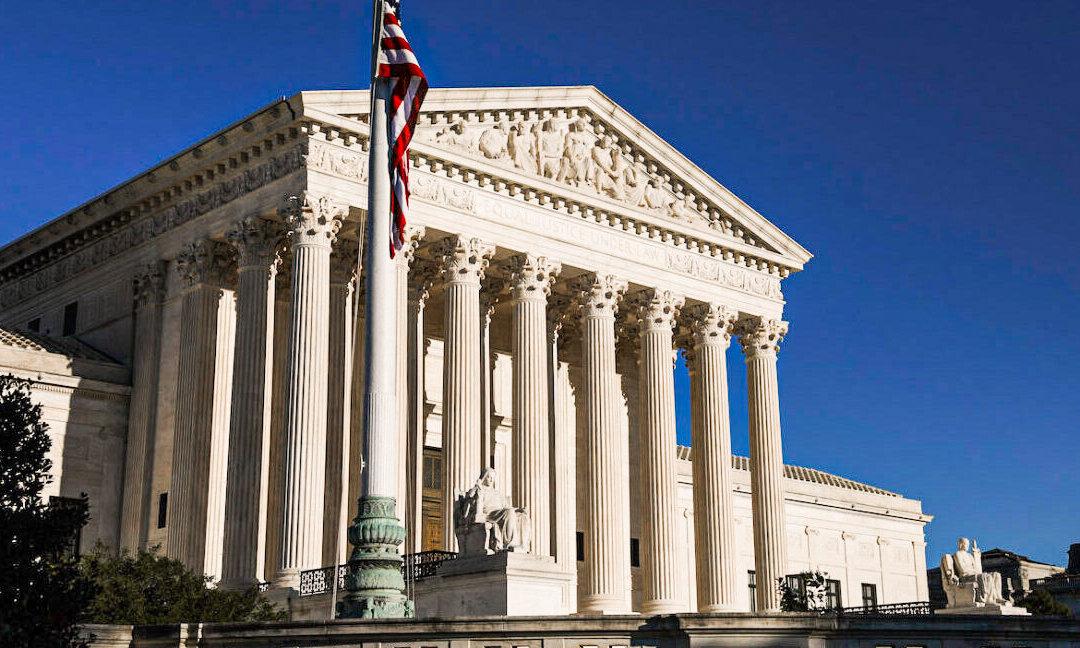The Supreme Court has overturned the murder conviction of Darrell Hemphill, a New York man, on Sixth Amendment grounds after state prosecutors cut corners and used the transcript of a witness’s testimony from another trial against him instead of having the witness testify in person.
The new ruling strengthens the right of criminal defendants to cross-examine prosecution witnesses.





